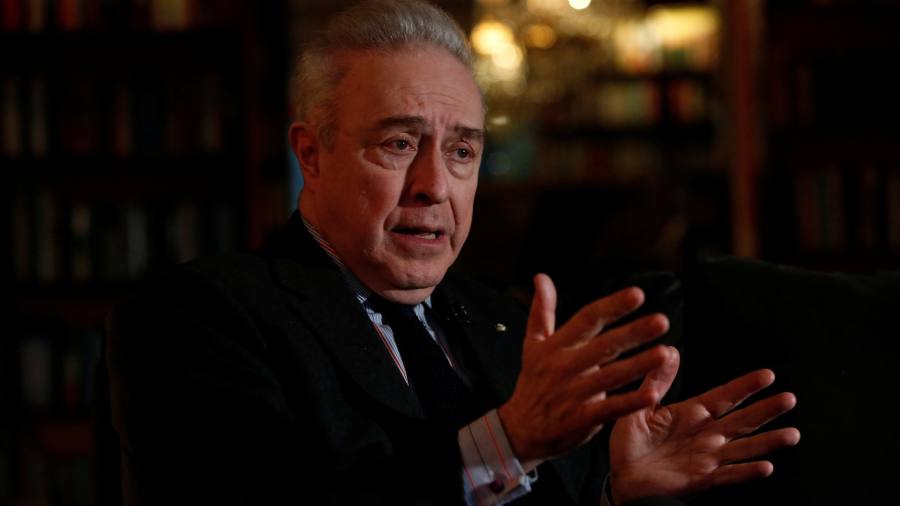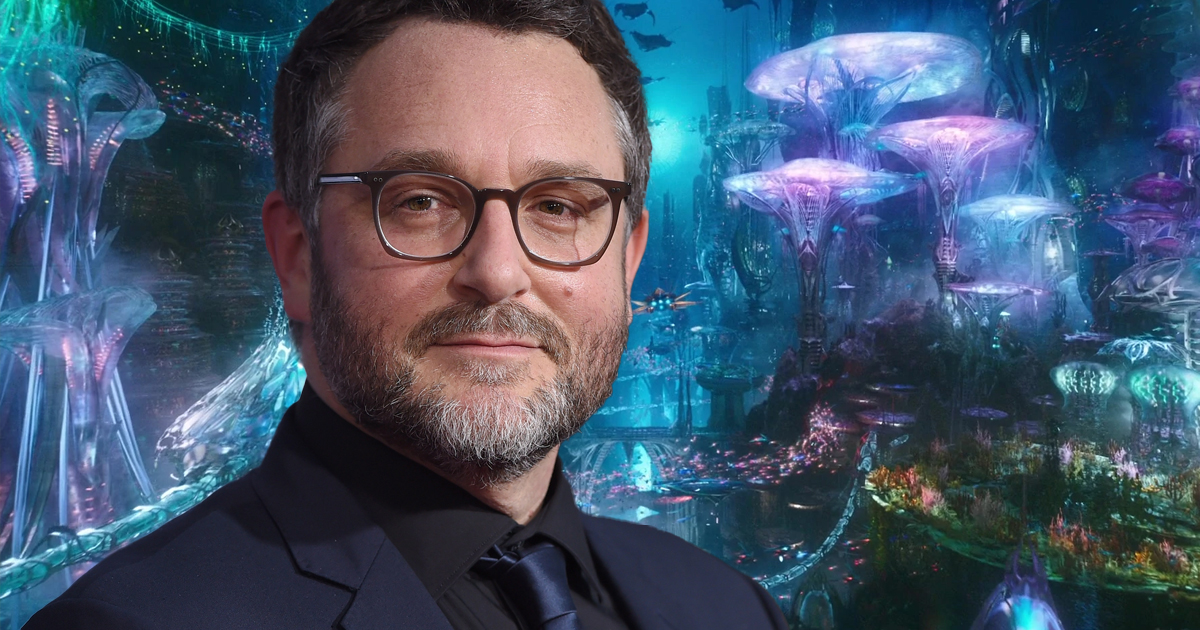Unlock the Editor’s Digest for free
Roula Khalaf, Editor of the FT, selects her favourite stories in this weekly newsletter.
The writer is a former president of South Africa and chairs the African High Level Panel on Illicit Financial Flows
The question of what to do with global corporate tax abuse, including tax havens, has been on the international agenda for many years. And this is a vitally important matter for Africa and developing countries around the world. I am very concerned, therefore, by the possibility that progress on this matter may be stalled by a debate over how exactly to move forward.
For many Africans, fulfilling the UN’s sustainable development goals (SDGs), outlined in the 2030 Agenda for Sustainable Development, is a matter of life and death. Unfortunately, their ability to meet these aims is hobbled by illicit financial outflows.
In 2015, at an international conference on financing for development held in Addis Ababa, African delegates, and others from the countries in the Global South, endorsed a call for domestic resources to be mobilised to meet the SDGs. At the same time, they were also fully aware of the huge sums African states were losing thanks to hidden capital movements.
A panel I led reported that African countries lose billions of dollars every year through this movement of capital, depriving us of the resources we need for development. The panel found that the largest contributors to illicit financial outflows — two-thirds — were commercial tax evasion and avoidance (including trade mis-invoicing and abusive transfer pricing by multinational companies), followed by organised crime and corruption in the public sector.
Lower income countries are estimated to lose the equivalent of just under half their collective public health budgets every year to multinational corporations shifting profits into tax havens, and to wealthy individuals who hide their wealth in offshore jurisdictions.
However, worries about international tax abuse and financial secrecy are not restricted to the countries in the south. These should be matters of global concern.
As long ago as 1996, G7 leaders discussed tax schemes which would create harmful competition among states, eventually leading to the erosion of national tax bases. They called for a multilateral approach to limit such practices.
The 2009 meeting of the G20 took this further, calling for global financial transparency and undertaking to act against financial secrecy jurisdictions and tax havens.
Last year the Africa group at the UN tabled a resolution at the General Assembly urging the organisation to work on international tax co-operation. The resolution was adopted by consensus.
A follow-up has now been tabled proposing that the General Assembly authorise the establishment of intergovernmental structures to work on a framework convention on international tax co-operation.
In the coming days the UN could take a historic vote putting in place the processes required to produce the first ever global response to international tax abuse. Once established, a convention on international tax co-operation would avert an estimated global loss of $5tn to tax havens over the next decade.
Unfortunately, progress on this vital issue could yet be derailed by a bitter dispute about whether this international convention should be negotiated through the UN or the OECD.
African countries firmly believe that the UN is the right place to host these negotiations — for the obvious reason that this would ensure inclusivity and the participation of all countries in this process, and thus shared global ownership of the outcome.
The valuable work already done on this tax matter by the OECD, which comprises 38 countries, would be fully integrated within the UN negotiations, involving all its 193 member states.
Regrettably, the EU, together with the UK, continues to argue against the UN option.
Obviously, it would be desirable if the current draft resolution before the General Assembly, which proposes that the UN should establish the bodies and processes to negotiate the tax convention, is adopted by consensus.
Therefore, I appeal to the UK government and its counterparts in the EU to join the majority of UN member states, which represent the bulk of the world’s poor, and vote to sit at the same table as the representatives of developing countries.
This is the best way to negotiate an outcome that would decisively change the lives of the world’s impoverished billions for the better.
















